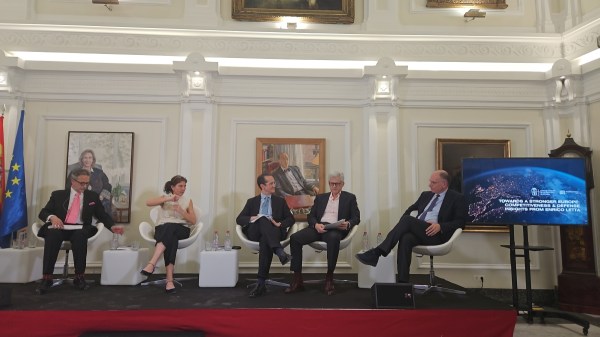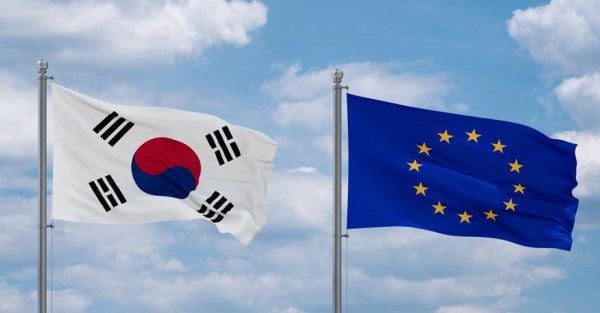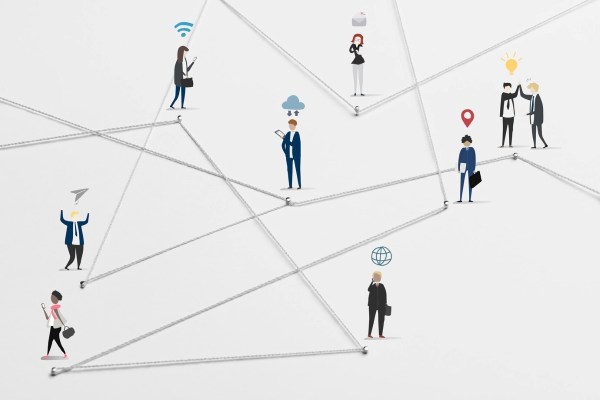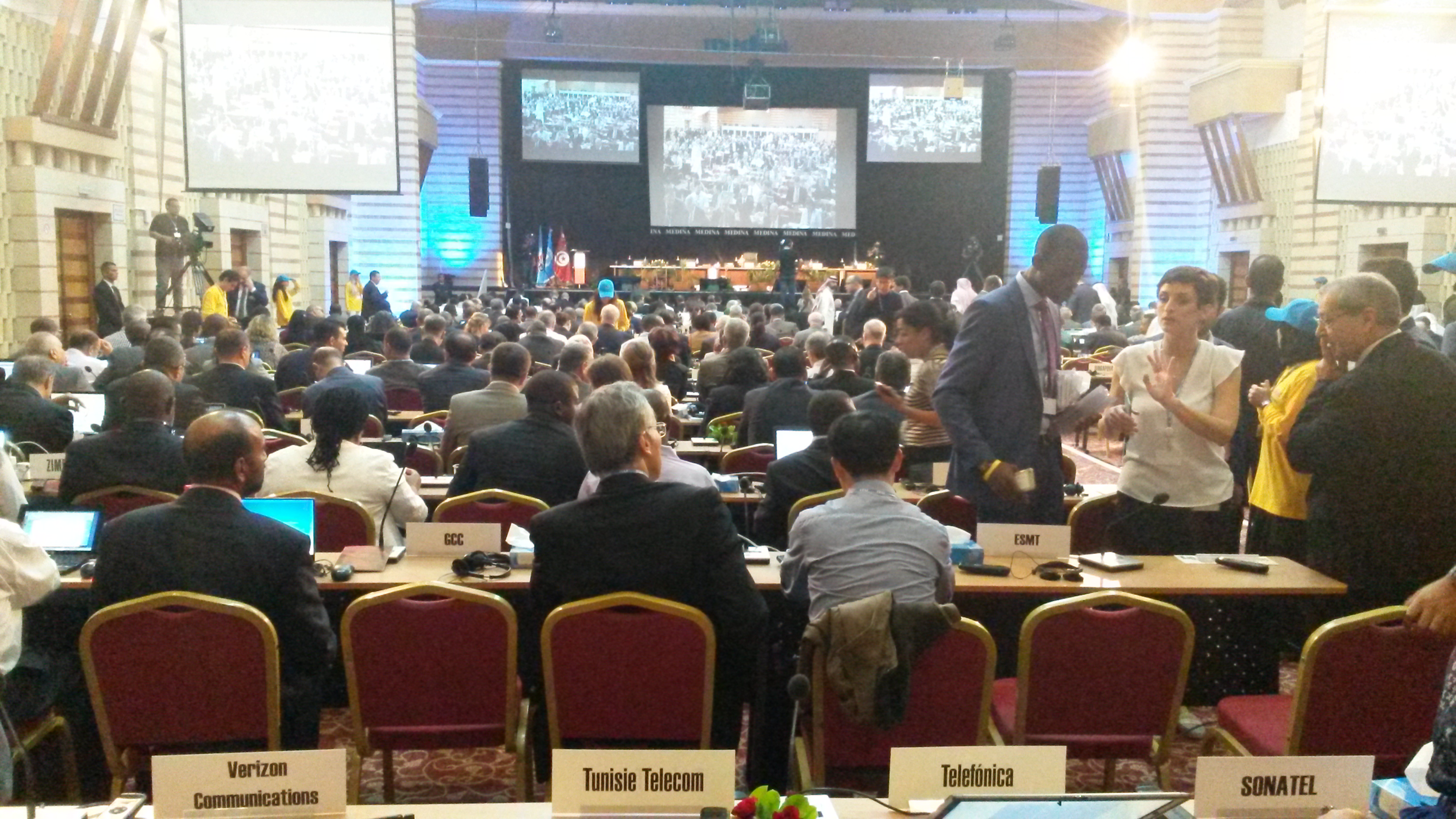
Internet is already an important public policy issue within the ITU!
Last week, in the World Telecommunication Standardization Assembly we witnessed how the ITU steps by steps is going beyond standardization debate to go in depth into Internet issues.
Many important and current topics were on the agenda: from the IoT and 5G, now called IMT-2020, to measures to support the fight against climate change, study of the effects of electromagnetic fields and the fight against spam, but those who consumed the largest number of debates were those related, more or less directly, with public policies and the internet.
The phenomenon has been observed since the previous WTSA, but this time the degree of politicization has risen several levels. The two predominant visions coincide fairly accurately with the division of developed and developing countries. The first clearly led by the United States and the latter, without a unique leader, driven by Arab countries with the support of Africans and some from Asian and Latin America.
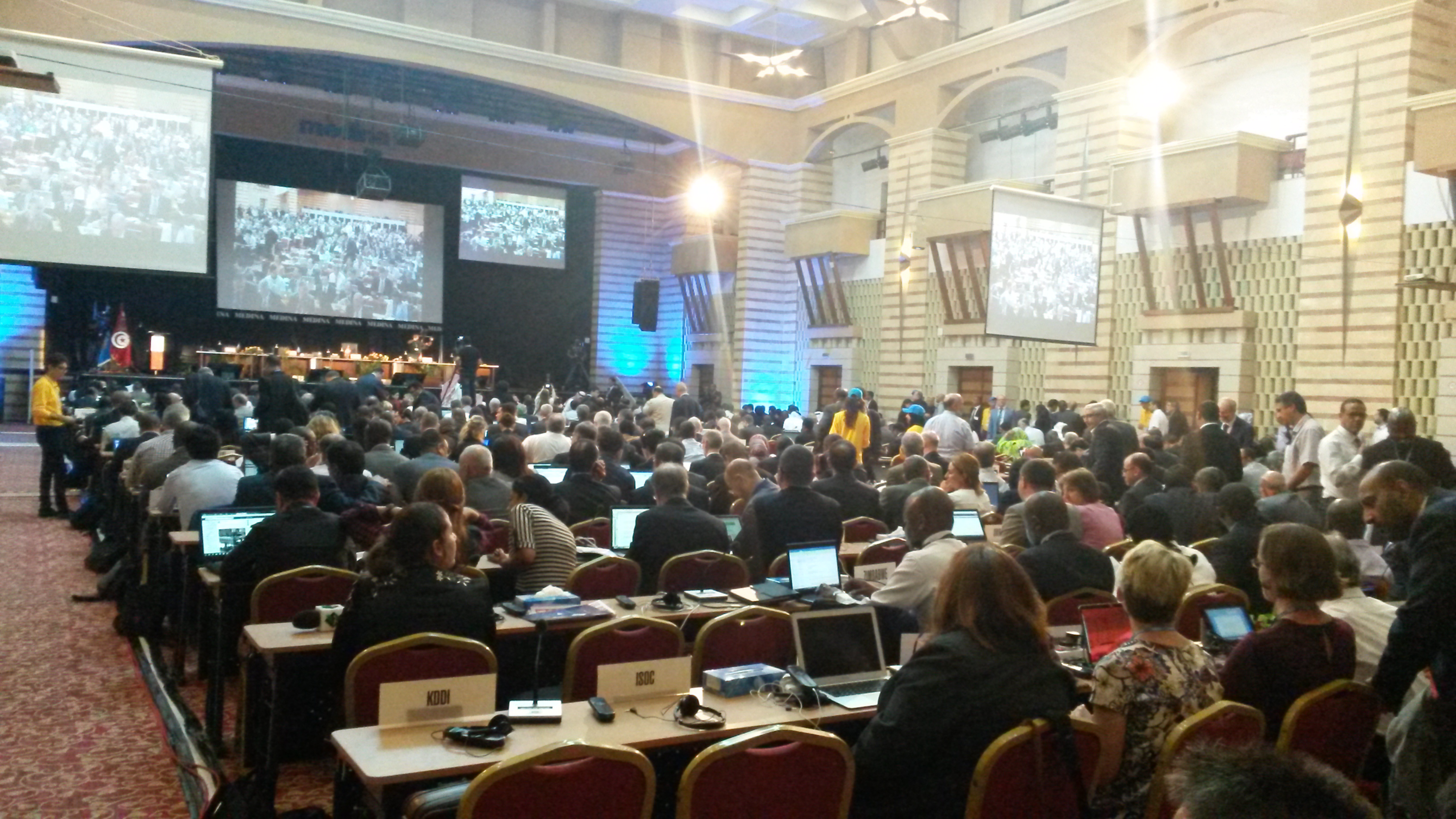
The main difference is the greater focus on more regulatory positions of these compared to the more open and close to the market of the first, so that Internet matters enter fully into the debate. Developing countries are aware of the strength they have in organizations such as the ITU, where a country is a vote, and use it to promote their positions.
As a matter not stated but still known is the possible extension of the role and scope of the ITU and in particular in the Internet space, since many of the proposals presented by the developing countries had an impact on aspects related to the Internet.
With this panorama, it is not surprising that the main debates were related to the Internet, like the following:
- Internet of Things (IoT). The establishment by the TSAG (and not by a WTSA) of a Study Group specifically dedicated to this matter, had already been harshly criticized, nevertheless the new mandate for this SG was approved in Hammamet and includes IoT and smart cities issues. Specifically, ITU-T members discussed matters related to this emerging policy issue, including IPv6 deployment, the availability of Internet addressing space, privacy, trust and security of IoT data and cloud computing. The problem is that some this IoT-related proposals are close to national jurisdictional issues or are the object of other organizations with responsibility in resources based on Internet Protocol.
- Internet Connectivity. A Recommendation was adopted for the establishment of national and regional IXPs to address the high costs of international Internet connectivity in developing countries. However, IXPs is not the miracle solution since the situation and markets differs from one country to another. On the other hand, the ITU Development Sector is already studying issues on Internet connectivity and, also, the open consultations on the Council Working Group on Internet Issues was focused to “Best practice for installation and operation of IXPs”. Furthermore, it fails to recognize the role played by operators and the Internet community to promote the wider deployment of IXPs.
- Over-the-Top applications and services (OTT). This is an important topic, since many countries think that the economic and tax implications of Internet-based services and applications, particularly Voice over IP (VoIP) and messaging, significantly affect the income of traditional operators, the collection of taxes, the financing of universal service and the investment on infrastructure. Several governments seek to expand the ITU role on finding regulatory frameworks for Internet-based services and applications with the aim of developing recommendations.
- Cybersecurity. How security and trust are to be understood also played a strong role during the Assembly, since some governments consider it as a matter of national competence and should not be dealt with in the ITU, beyond the elaboration of Recommendations to ensure protection to users. However, the current Security Resolution, as well as the Study Group’s mandate on the same subject were maintained with slight modifications.
- Digital Object Architecture (DOA) was, perhaps, the more contentious unexpected issue debated at WTSA-16. There were significant efforts to make the handle system, a type of DOA, an IoT universally accepted standard. The point of contention is that ITU should be technologically neutral. However, DOA is a proprietary technology that could compete with other IoT identity management systems. Moreover, any technology that is deployed should continue to support the open Internet model. Finally, the references to DOA were deleted of the texts of Resolutions.
In conclusion, the public policy issues related to the Internet are slowly opening up in the ITU Standardization Sector.






